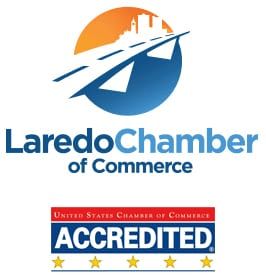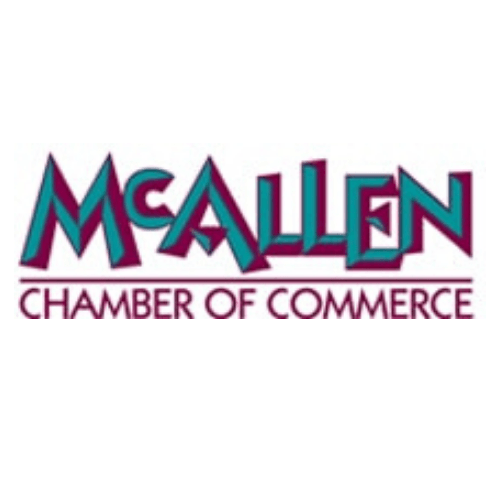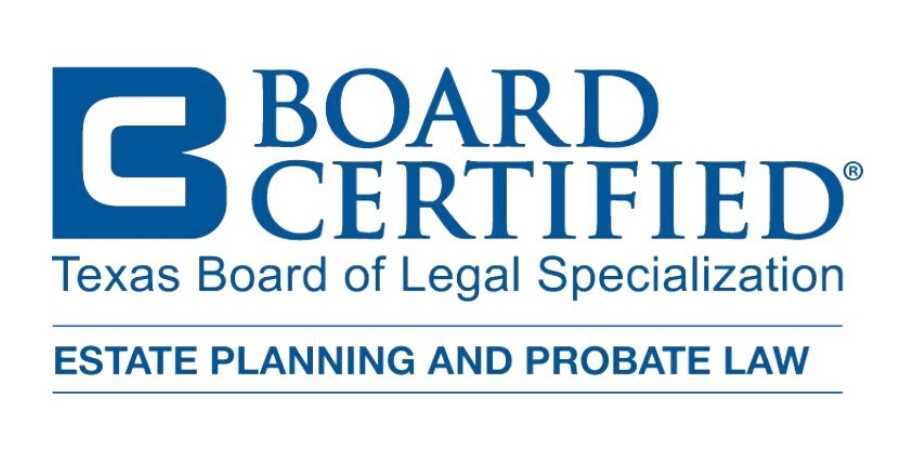My Proven Method for Reducing Risk
Make 2023 your year for reducing risk

In my experience as a board-certified Estate Planner, I know that a lot of businesspeople do not realize the magnitude of risk exposure, they put themselves in just by operating their business day-to-day. Some people unfortunately are one lawsuit away from getting wiped out because they're a sole proprietor. Basically, they and the business are one and the same. There is no separate business entity that protects them or if they do have an entity, nine times out of ten, they do not have their documentation up to date. They use the company check book like a personal check book. They do not have a record of corporate or LLC minutes documenting different transactions. They do not account for any transactions in their minutes or anywhere for that matter, and that is the way they handle it. That creates a huge of risk exposure in a lawsuit.
In a lawsuit, the first thing that the opposing attorneys are going to ask for is to see your corporate or company book and the last three years of company tax returns. How are you going to answer those questions in a way that does not give a lot of ammunition that can be used against you? What can you do to make sure that you are okay, and not intimidated by the multitude of TV lawyers looking for their next lucrative case to profit from? Why put yourself in a position where you are worried about somebody wanting to sue you or creating a problem?
The reality is most of you may not even have a business. Some of you may have your sole proprietorship that you filed with the county clerk or have a “DBA.” That does not give you ANY protection. Perhaps you never realized that fact or maybe you just do not want to think about it. Ignorance is bliss until something bad happens. By then, you realize that this lawsuit for a million dollars that sprung up because of a roll-over accident your employee caused will not go away.
The other reality is that a lawsuit is going to follow you until you either die or you pay it off. And guess what? When you die, the lawsuit is going to go after your estate; and if you have amassed anything, the lawyers and those suing you are going to want to get their cut. The bottom line is you will end up paying now or paying later.
The advantage of employing the 3 Bucket Method is that you can set yourself up in a way that will actually protect you in this sometimes very scary business world. You ARE going to be able to weather the storms of life. You ARE going to be able to move forward and not be personally tied to the adverse times of life forever. Remember, the business entity can suffer the loss and die, and there goes the liability and you are in a safe zone. You subsequently move on, and you do that by making sure that you have created some protection structures.
Next, you need to MAINTAIN those protection structures. If you do not have company minutes for each year of operation that document the transactions of the company, you are at risk. If you do not have a record in your company book of the different intercompany loans, especially those that require various kinds of tax treatment, you are at risk.
It can get expensive to hire your CPA and attorney to help you retrace your business’ steps to create the correct documentation that meets the lofty standards of the IRS for the years your record keeping fell through the cracks. You may not have ANY intercompany agreements and minutes in place. Do you want to open up a window of opportunity in which one of these ambulance chasing lawyers can probe into your business? I can hear them now. “Hey! These two companies do not even act like they are two separate companies. Why would these separate companies lend money to each other without a promissory note? Why would they let this person have their office on that property without paying rent or having a contract?” Then, suddenly, there is a jury that appears and says, “Hey! Do you know what? That makes sense.,” and the jury has the right to believe they are the same person, especially when you have the same owners.
That is a risky way to do business. You are only opening up your weaknesses and, in a lawsuit, there are a lot of ways in which the opposing legal team can chip away at the armor of your business structure. It is in your power to keep up the integrity of that armor.
We can certainly create the Cadillac or Mercedes system of protection. But like owning a Cadillac or Mercedes, if you do not change the oil regularly, check the tire pressure and other aspects of routine maintenance, eventually that car can break down, inevitably at the most inopportune time.
The same can be said of your business. If you do not have your business set up properly and up to date, it is likely you will find out at the worst possible time. You will say to yourself, “If I had only done these things, I would be in a better position to negotiate with strength.”
Wouldn’t you want to say, “Hey, take whatever the insurance company is offering you because you're not getting more than that from me!” Do you want to negotiate from a position of weakness in which all your separate companies are collapsing, and the opposing side is ready to take it all? You do not want to be in a position to say, “How much can I give you for you not to take my property away?” These are the things business owners’ nightmares are made of and scary things can and do happen to the unprepared.
The 3 Bucket Method is a proven method. My clients have used it. I use it myself for my personal investments and we have used it very successfully. The only requirement: you must commit to maintain it.
If you find yourself wanting more advice and information on how my team and I can help you reduce your risks by the end of the year, we are available in person, by appointment or by Zoom. In South Texas, call us at 956-791-5422.


CONTACT INFORMATION






















